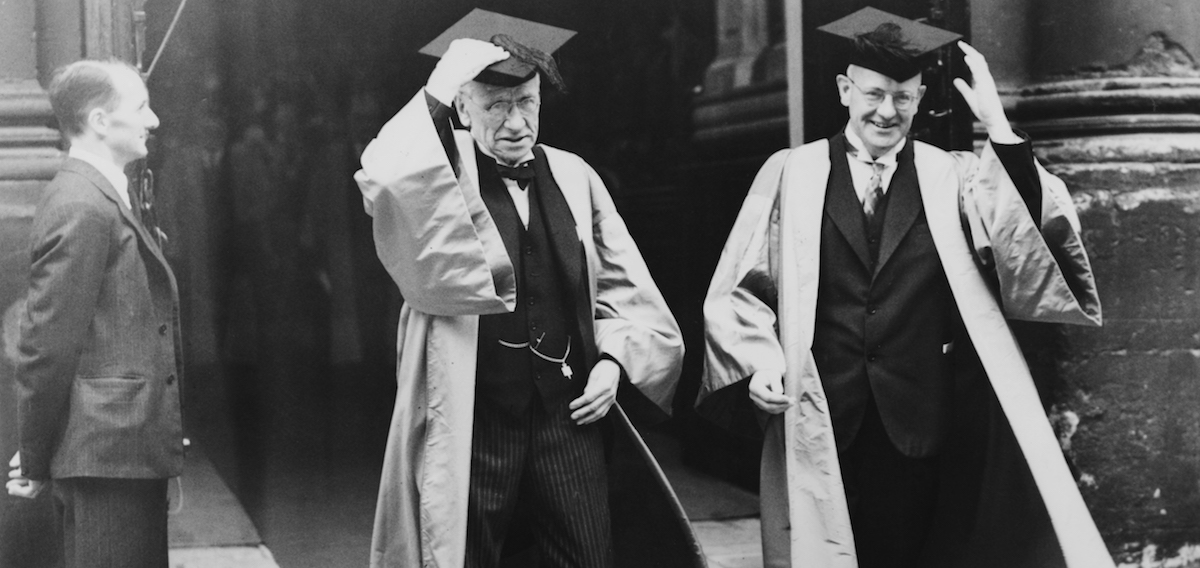Already we’re deep in the school summer holidays. Hell for parents, who still have to keep their kids occupied for weeks on end; heaven for teachers, with all those weeks off.
The biggest danger with so much time off is that, after a few weeks, your brain becomes addled
For those of us fortunate enough to teach in independent schools, the holidays began on 1 July, which by now seems an age ago and we don’t go back to school until September. Two whole months off, on full pay. Long enough to forget about troublesome teenagers; long enough to dream dreams of new careers. A sense of space and peace that lasts… well, until A level results day on 17 August, when reality bites again.
So what do we do with all that time? Sadly, the old cliché – that sir and miss head straight off to France before the crowds and do nothing but sip rosé – is largely true. Though this summer, the mass exodus to the Dordogne was delayed for a week or two after all the riots.
What we teachers certainly don’t do is any constructive reading. That’s for teenagers to worry about. Instead, we indulge ourselves in the kind of low-brow books we wouldn’t be seen dead with in term-time. Each July, I swear I’ll read Middlemarch; by August, I’ll be reaching for that still-untouched copy of Spare – eventually, like everyone else, leaving it unread by the pool for the hotel’s lost property department to deal with.
There’s a problem with so much time; it’s bound to lead to a sense of disappointment. Think what could be achieved: The Prime of Miss Jean Brodie was written in a month; The Boy in the Striped Pyjamas, a staple of school reading lists, in just three days. You, the indolent teacher, have two whole months – more than enough time to pen a classic. Inevitably you’ll be left with a handful of dust when it doesn’t happen.
The biggest danger with so much time off is that, after a few weeks, your brain becomes addled. This is particularly worrying, as whatever else happens during these long summers of laziness, you’re certain, as a teacher, to bump into current or former pupils – usually when you least expect to.
It happened to me last month, just before I set out for France. After two or three weeks off already, I was enjoying a day out in London, about to watch La Traviata at the Royal Opera House. I’d arrived early for a quiet pre-performance beer in the Piazza terrace bar when two trendily-clad teenagers bounded up to me like eager puppies. They were both Radley boys: one had been in my cricket team and both were in the boarding house I was attached to. Yet I completely fluffed their names and visibly struggled to place them:
‘Er, Archie, isn’t it?’
‘Ben, sir. I was in your cricket team last term?’
Not only was this embarrassing – their amused parents were watching from the sidelines – it left me feeling slightly senile. In fairness, it’s difficult to place pupils out of context. But it’s bound to happen each summer and always comes as a shock. It was a shock too to see Radley boys at the opera. They swiftly assured me they were only there because the terrace bar had been tipped on Instagram as one of the best in town.
Even the soothing ferry to France can be fraught with difficulties. Another time, I was just starting to relax with the family, en route to Riberac, when a grinning figure approached me out of the blue on the car deck: ‘Hello sir!’
This time I did recognise him: it was Max. I’d just finished dragging him through A level English.
‘I just wanted to say something to you, sir, now the course is over?’
Of course. Some heartfelt thanks, perhaps?
‘You know that awful Jane Austen book we did sir, Persuasion? I hated it. I burnt it the instant term finished. Just thought you’d like to know that. Have a great holiday!’
For the first time in a while as a teacher, I was lost for words and only calmed down after a family kayak trip down the Dordogne.
Then, remorselessly, along comes results day. The emails will be flying around again, as dozens of parents, plus the head, want instant explanations as to why Archie and Tilly only scored B grades, when you’d predicted ‘certain As’.
And before you know it, you’re back at school again with nothing achieved. So perhaps it’s better not to bother, accept another summer of mediocrity and keep sipping the rosé. But at some stage in September, Philip Larkin’s words on passing time in his wonderful poem ‘At Grass’ will inevitably spring to mind: ‘Summer by summer all stole away.’ Where did all that time go?






Comments